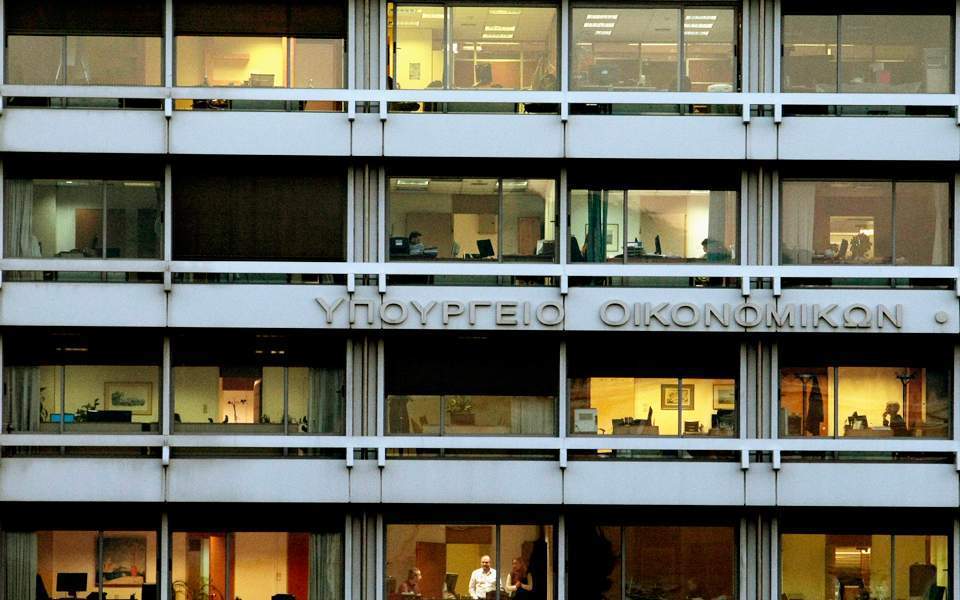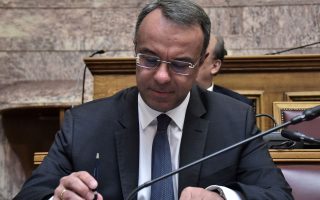VAT cuts not being ruled out
Finance Ministry seeks to balance fiscal prudence with response to extraordinary circumstances

The Finance Ministry is re-examining its options for tax breaks, focusing on cuts to the value-added tax on food, according to comments by officials on Friday. Given the differing views on the matter, no decisions have been reached as yet but when that happens all interventions will be carefully targeted, they suggested.
Different options are being examined due to the rise of inflation to levels that may exceed 6% in January, when besides the energy rate hikes there were also significant rises in the cost of food.
“All options are open,” Finance Minister Christos Staikouras told Parapolitika radio on Friday. “We need to be ready to react at any moment, depending on developments, on the course of things. Can anyone say what will happen with Russia and Ukraine? If we see costs double, shouldn’t the Greek government be ready to respond? Still, it needs to be prudent and cautious in any moves it makes.”
He added that the government decisions will depend on three criteria: The fiscal cost, the benefit to society with the supply chain remaining intact, and the element of social justice. On the possibility of a VAT reduction, he said that “it will require great caution on when it is implemented, how it is done and on which products.” He also stressed, referring to the budget, that the primary deficit has got to be reduced this year. “We have some flexibility, but we should also have fiscal responsibility, for today and tomorrow,” Staikouras said.
The minister also left the door open to another cut to the dues from the state loans issued during the lockdowns, known as the “Deposit To Be Returned.”
Alternate Finance Minister Thodoros Skylakakis, meanwhile, highlighted interventions for lightening the burden from the power bills. In comments to Skai TV he went a step further, stating: “If there is fiscal space we will give priority to food and not to fuel.” He explained that some 2-2.5 million people living below the poverty line and who cannot afford a car would not benefit from a fuel tax reduction.





